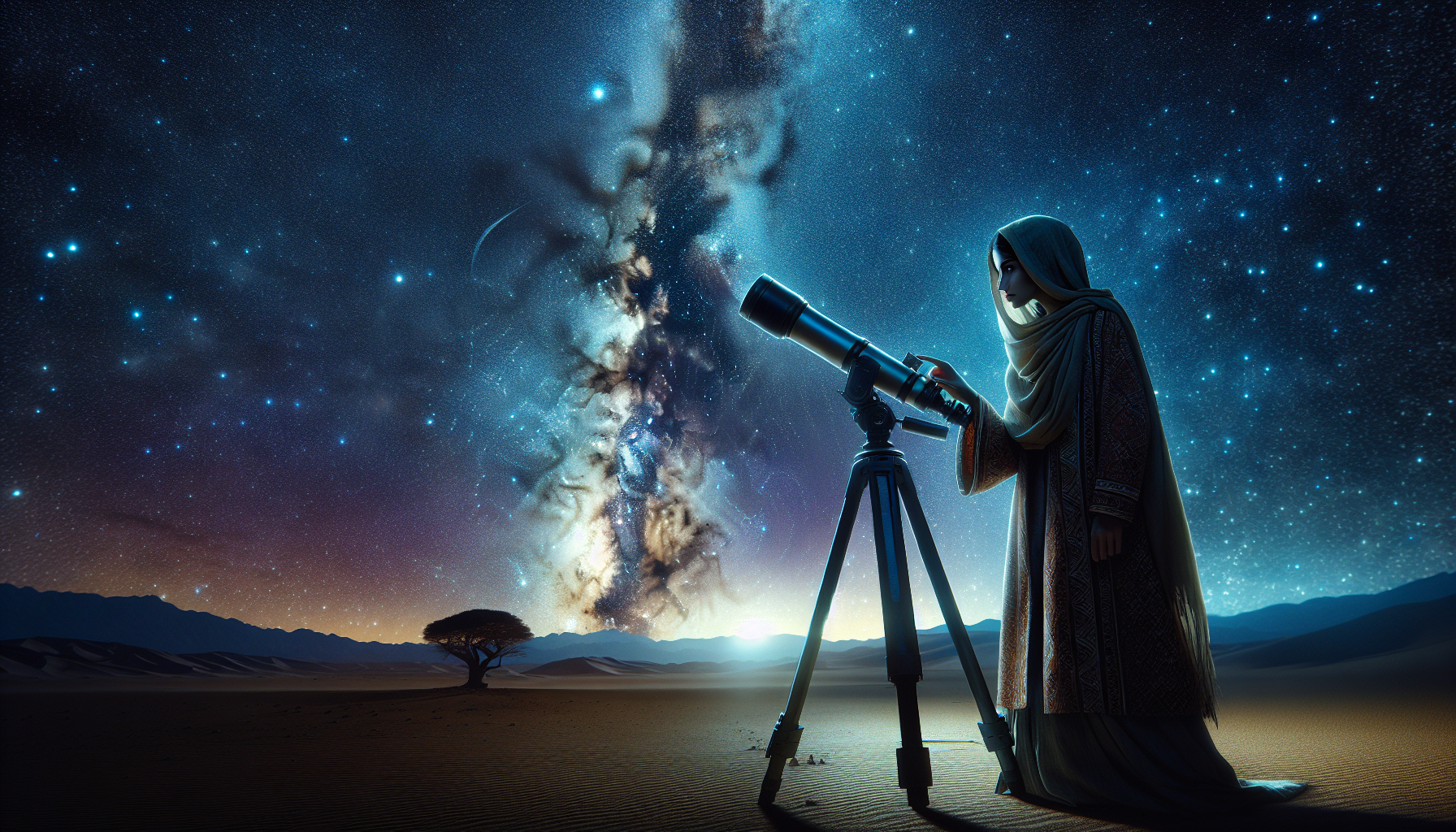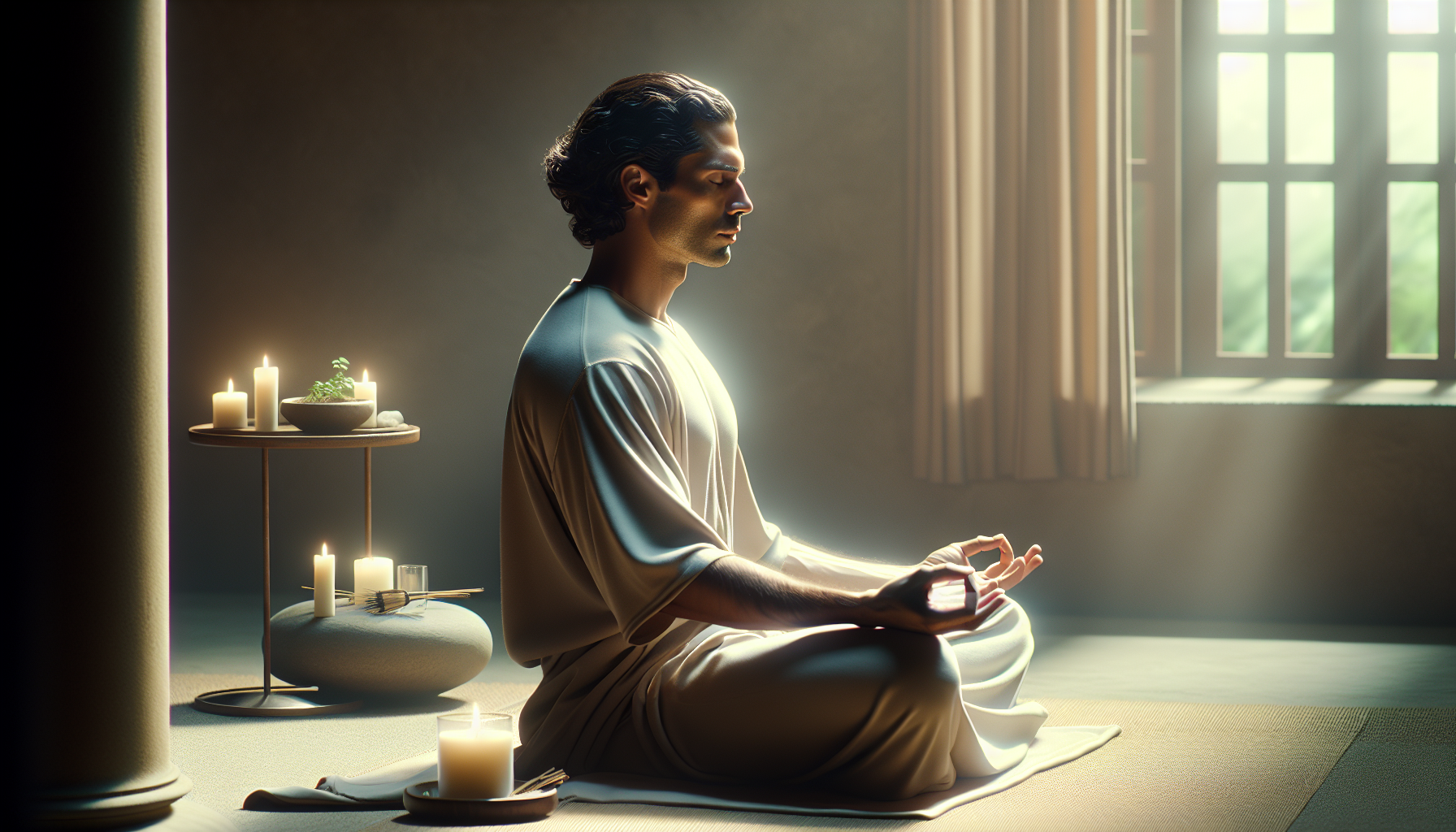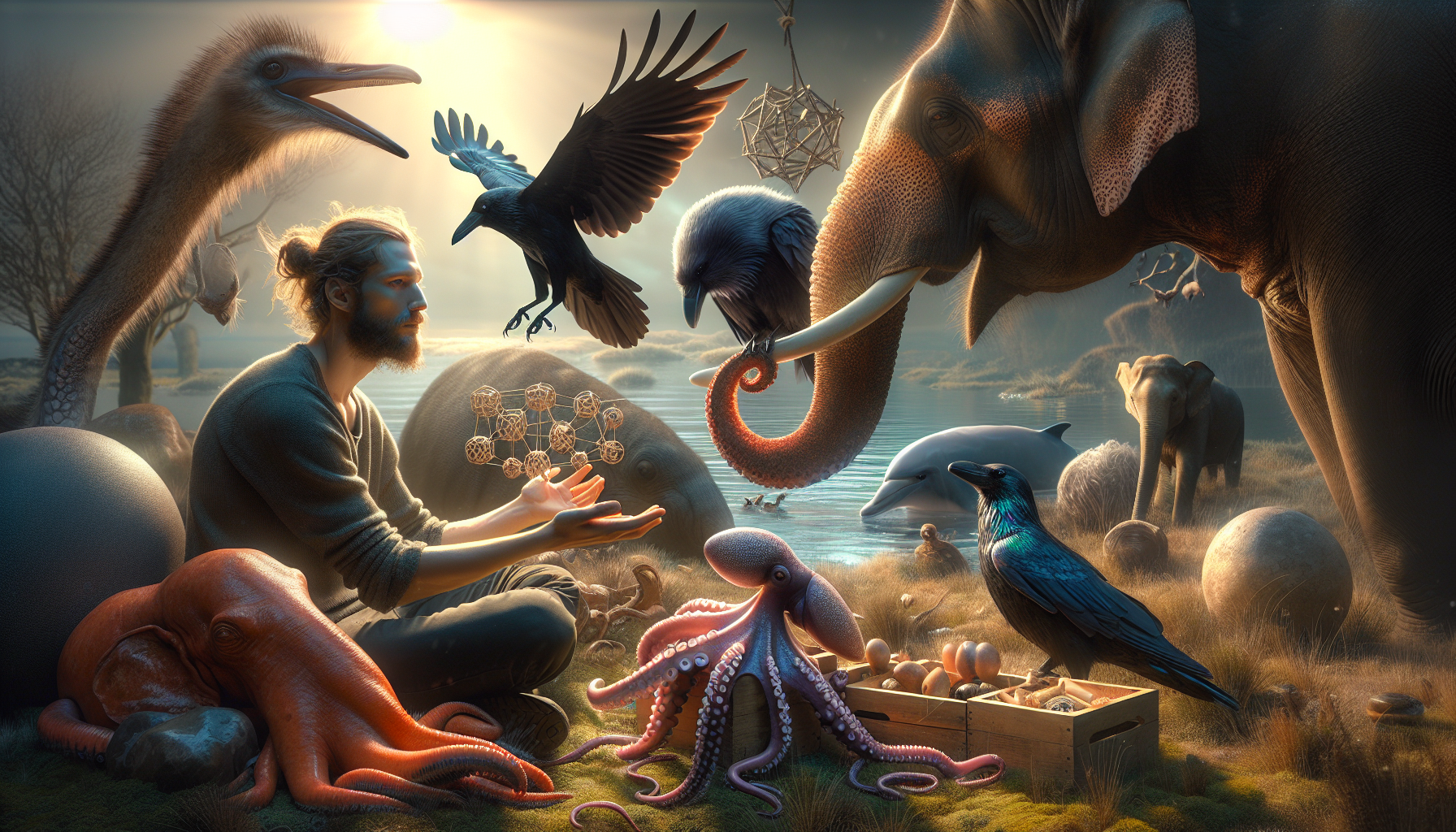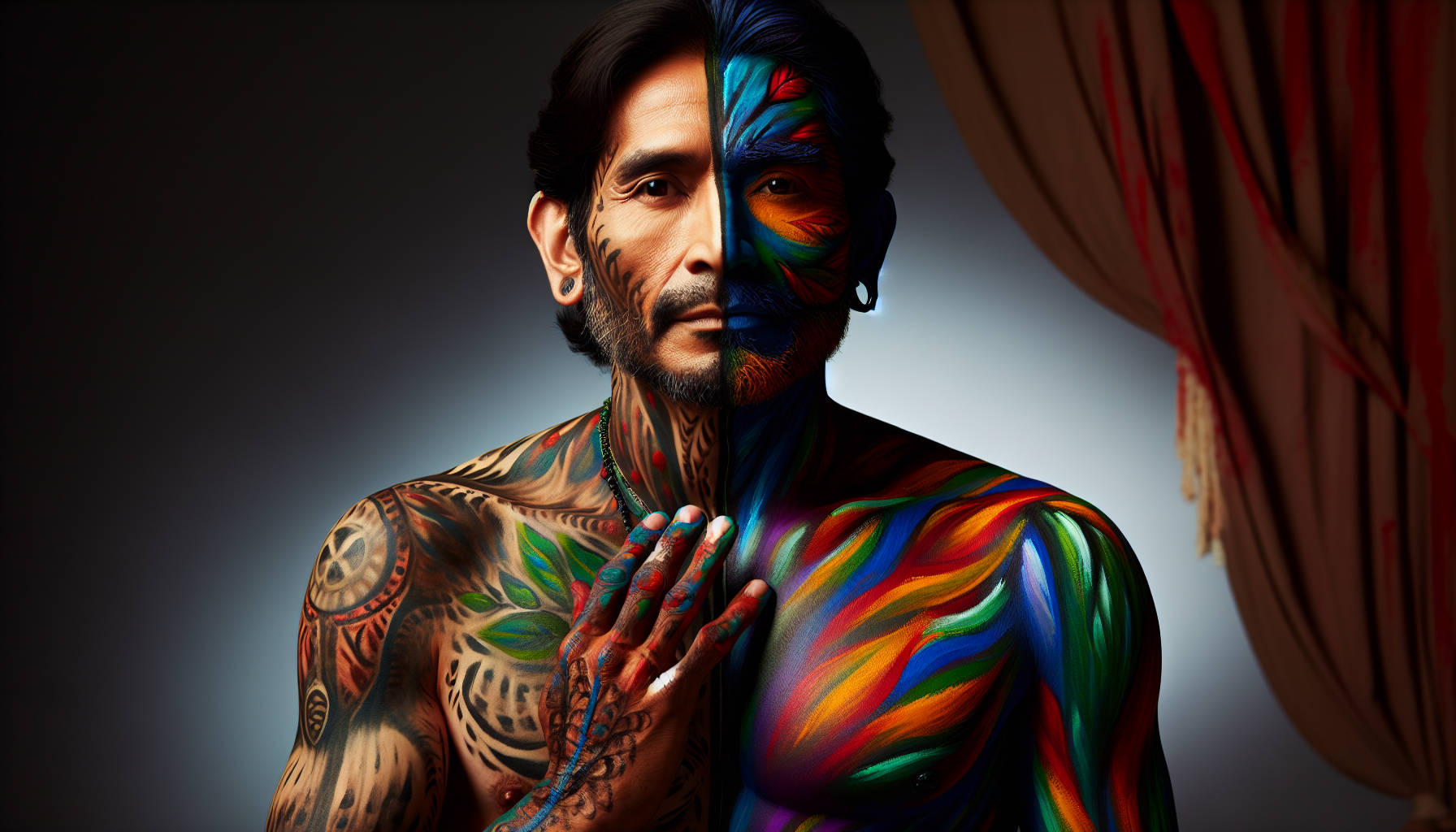In a world that constantly races forward, where the next big innovation is just around the corner and life’s pace never seems to slow, happiness can often feel like a fleeting, elusive gem. Yet, amidst the whirlwind of our daily routines and digital distractions, there lies a profound truth: happiness isn’t always about grand gestures or monumental milestones. Instead, it’s woven into the fabric of our lives through simple, joyful rituals that serve as timeless memory markers. These rituals, often understated and overlooked, hold the power to ground us, providing an anchor of joy in the sea of life’s unpredictability. 🌟
Imagine a moment from your past that still makes you smile—a family tradition, a seasonal celebration, or even a daily ritual like your morning cup of coffee savored in silence. These moments, though seemingly ordinary, are imbued with a special kind of magic. They offer a sense of continuity and comfort, reminding us of who we are and where we’ve come from. In this exploration of happiness, we will delve into the significance of these rituals, examining how they shape our memories, enhance our well-being, and connect us to a deeper sense of joy. We’ll look at the science behind why rituals matter, uncover the historical and cultural contexts that have preserved these practices through generations, and share practical tips on how to cultivate your own joyful rituals.
As we journey through this narrative, we’ll uncover the secrets of how small acts, repeated with intention, can transform our lives. From the simple pleasure of a shared meal to the mindful practice of gratitude, these rituals serve as more than just habitual actions; they become the threads that weave our memories, binding past to present. By the end of this exploration, you’ll not only appreciate the power of joyful rituals but also feel inspired to create your own, unlocking a wellspring of happiness that endures through time. So, join us as we unlock the secrets of happiness and discover how these timeless memory markers can enrich our lives with joy and meaning. ✨
Understanding Happiness: A Complex Emotion
Happiness is a multifaceted emotion that eludes simple definitions and universal understanding. It is a subjective experience, influenced by cultural, personal, and contextual factors, making it a fascinating subject of study across various disciplines, including psychology, sociology, and even economics. The pursuit of happiness is a fundamental aspect of human life, driving behaviors and decisions across different societies and generations. Yet, despite its significance, happiness remains a complex emotion that is difficult to quantify or measure.
Various theories attempt to explain happiness, ranging from hedonistic perspectives, which equate happiness with pleasure and absence of pain, to eudaimonic views, which associate happiness with living in accordance with one’s true self and values. Positive psychology has significantly contributed to our understanding by focusing on factors that lead to well-being, such as relationships, purpose, and accomplishments. This body of work suggests that happiness is not merely the result of external circumstances but also involves internal processes and attitudes.
Research indicates that happiness can be influenced by genetic predispositions, suggesting a biological component. However, environmental factors, such as social connections, work satisfaction, and personal achievements, play a crucial role as well. The interplay between these elements underscores the complexity of happiness as an emotion, highlighting that it is both an individual and collective experience. Understanding this intricate emotion requires a comprehensive approach that considers both innate and external influences.
The Role of Rituals in Creating Lasting Memories
Rituals are structured, repetitive actions imbued with symbolic meaning, and they play a pivotal role in human life by providing a sense of stability and continuity. These activities often mark important life transitions and events, serving as anchors in the stream of time and helping individuals create lasting memories. The power of rituals lies in their ability to transform mundane activities into meaningful experiences, enhancing the sense of joy and fulfillment.
Joyful rituals, in particular, are significant in creating positive memories that endure over time. They are often associated with celebrations, such as birthdays, holidays, and cultural festivals, where shared activities foster connections and reinforce social bonds. These rituals often involve elements of anticipation, participation, and reflection, which enhance the emotional impact and make the memories more vivid and durable. Engaging in joyful rituals can also boost happiness by promoting a sense of belonging and identity, as they often reflect cultural values and personal beliefs.
The effectiveness of rituals in marking memories is supported by psychological studies, which suggest that the structured nature of rituals helps organize and categorize experiences, making them easier to recall. Additionally, the emotional intensity associated with these activities strengthens memory encoding, leading to more robust and accessible recollections. Rituals also provide a framework for storytelling, allowing individuals to share and relive their experiences with others, further cementing these memories over time.
Creating Joyful Rituals: Practical Steps and Ideas
Designing rituals that foster happiness involves intentional planning and reflection. The process begins with identifying activities that are meaningful and enjoyable, aligning them with personal values and goals. It’s essential to incorporate elements that evoke positive emotions, such as laughter, gratitude, and love, as these feelings enhance the overall impact of the ritual. Additionally, involving others can amplify the joy and create a sense of community and shared purpose.
To create effective rituals, consider the following practical steps:
- Identify the purpose of the ritual and what you hope to achieve.
- Choose activities that are meaningful and resonate with your values.
- Incorporate elements of novelty and surprise to keep the experience engaging.
- Invite others to participate and contribute to the ritual, fostering a sense of community.
- Reflect on the experience and its impact, using it as an opportunity for growth and connection.
For inspiration, consider integrating activities such as communal meals, gratitude journaling, or creative arts into your rituals. These practices can be adapted to fit various contexts and preferences, allowing for personalization and flexibility. By intentionally crafting rituals that prioritize joy and connection, you can create lasting memories that enrich your life and the lives of those around you.
Comparative Analysis: Cultural Rituals and Their Impact on Happiness
Cultural rituals vary significantly across societies, reflecting unique values, beliefs, and traditions. However, despite these differences, many rituals share common elements that contribute to happiness and well-being. To better understand the impact of cultural rituals on happiness, it’s helpful to compare and contrast various practices and their underlying purposes.
| Cultural Ritual | Purpose | Impact on Happiness |
|---|---|---|
| Japanese Tea Ceremony | Promote mindfulness and appreciation of the present moment. | Enhances mindfulness and tranquility, fostering a sense of inner peace. |
| Mexican Day of the Dead | Honor and remember deceased loved ones. | Strengthens family bonds and provides comfort through shared memories. |
| Indian Diwali Festival | Celebrate the triumph of light over darkness and good over evil. | Boosts communal joy and unity, reinforcing cultural identity. |
As illustrated in the table above, each ritual serves a specific purpose and contributes to happiness in different ways. By examining these practices, we can gain insights into how rituals function as memory markers and how they promote joy and well-being. Additionally, understanding cultural differences in rituals can inspire the creation of new, personalized practices that align with individual values and lifestyles.
For more insights on how rituals can enhance happiness, watch this informative video: “The Power of Rituals” by Big Think.
Joyful Rituals in Modern Life: Adapting to Change
In today’s fast-paced and ever-changing world, maintaining joyful rituals can be challenging. However, these practices are more important than ever, providing stability, comfort, and meaning amid uncertainty. Adapting rituals to fit modern lifestyles involves creativity and flexibility, ensuring they remain relevant and impactful.
One way to adapt rituals is by incorporating technology, such as virtual gatherings or digital storytelling, to maintain connections across distances. Social media platforms and communication tools can facilitate shared experiences and create new opportunities for engagement. Additionally, incorporating sustainability and mindfulness into rituals can enhance their significance and align them with contemporary values and concerns.
Another approach is to simplify rituals, focusing on the core elements that bring joy and connection. This might involve reducing the complexity of activities or adjusting the frequency to better fit busy schedules. By prioritizing the most meaningful aspects, individuals can ensure that their rituals continue to provide joy and fulfillment without becoming burdensome or stressful.
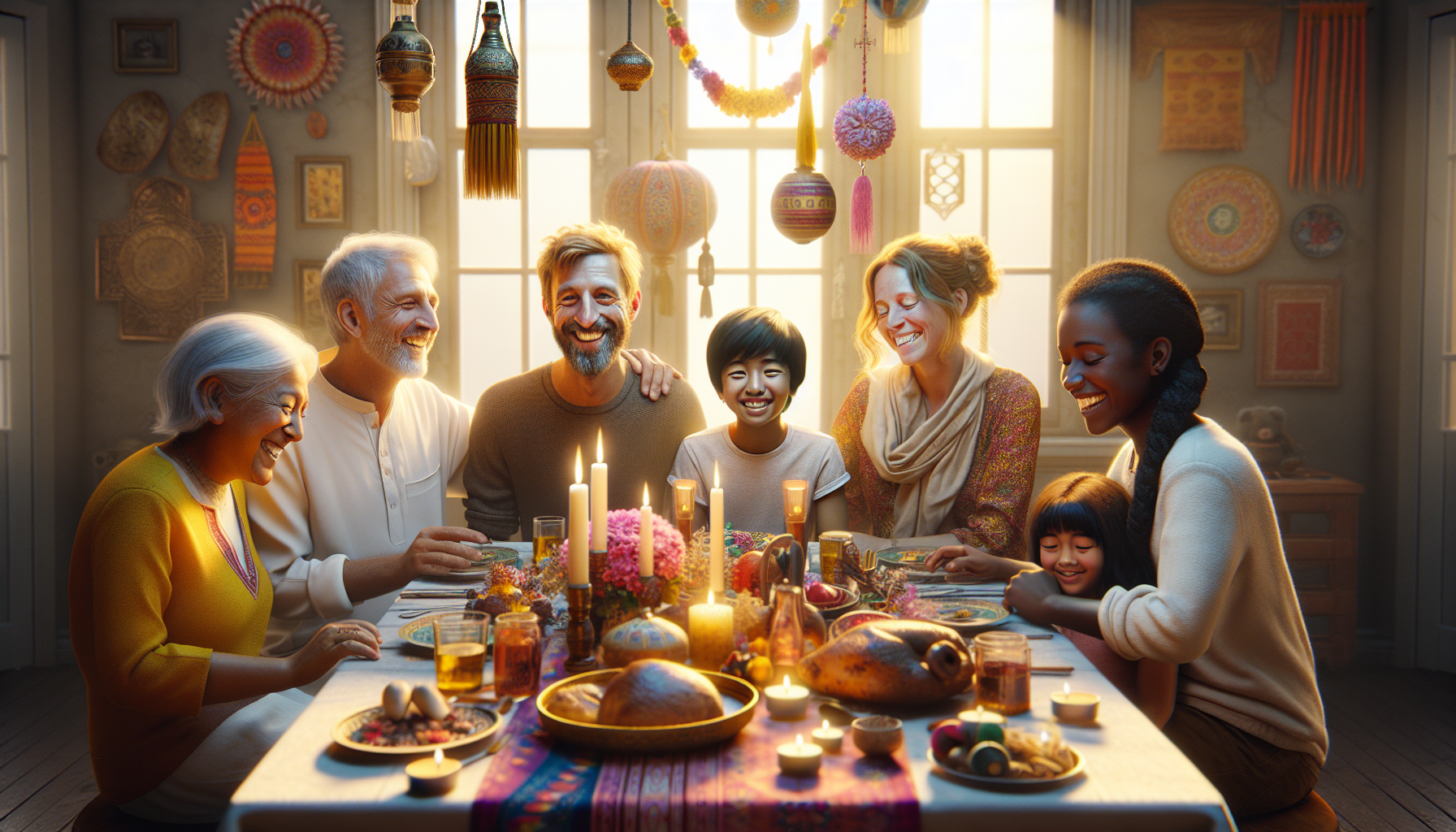
Conclusion
In conclusion, the exploration of joyful rituals as timeless memory markers underscores a profound yet often overlooked dimension of human experience. Throughout this article, we have journeyed through the rich tapestry of rituals that, despite their simplicity, hold the power to unlock happiness and engrain moments into our memories with vivid clarity. By understanding the intrinsic link between rituals and memory, we gain insight into how the repetitive and intentional nature of these activities can evoke a sense of belonging, purpose, and, ultimately, joy.
We began by delving into the definition of rituals and their historical significance across various cultures. Rituals have served as cornerstones of human civilization, providing structure and meaning to our lives. They transcend mere routine, offering a deliberate and mindful approach to the passage of time. This deliberate nature is what elevates rituals to powerful tools for emotional well-being.
Further, we explored how rituals facilitate emotional resilience and happiness by fostering connections with others. Whether it’s the weekly family dinner, a birthday celebration, or even a simple daily meditation, these practices create shared experiences that strengthen bonds and nurture our social fabric. They remind us of our shared humanity and the joy that comes from being part of something larger than ourselves.
The neuroscience behind rituals was another pivotal point of discussion. Research indicates that engaging in ritualistic behaviors can trigger the release of neurotransmitters like dopamine and oxytocin, which are associated with pleasure and bonding. This biological response explains why rituals can enhance our mood and forge lasting memories, solidifying their role as markers of time and emotion.
Moreover, we examined the transformative power of creating personal rituals. In a world that often feels fast-paced and chaotic, personal rituals provide moments of solace and reflection. They allow us to carve out spaces of intentionality and presence, offering an antidote to the stressors of daily life. By crafting rituals that resonate with our individual values and needs, we harness the ability to navigate life’s challenges with grace and resilience.
Throughout the article, we have also considered the adaptability of rituals in the face of modernity. While some traditions remain unchanged, others evolve, embracing new technologies and societal shifts. This adaptability ensures that rituals remain relevant and continue to serve their purpose in contemporary settings. They act as a bridge between the past and present, reminding us of where we’ve been and where we are going.
In reinforcing the importance of this theme, it becomes clear that joyful rituals are more than just moments of happiness; they are vital components of a fulfilling life. They invite us to pause, reflect, and celebrate the ordinary and extraordinary alike. By embracing rituals, we cultivate a mindset that recognizes and cherishes the beauty of life in its myriad forms.
As you reflect on the insights shared, I encourage you to consider the rituals in your own life. What practices bring you joy and meaning? How can you incorporate or enhance rituals to enrich your daily existence? By doing so, you not only unlock personal happiness but also contribute to a culture that values and honors the transformative power of these timeless memory markers.
Share your thoughts and experiences with others—whether through comments, discussions, or social media. Engage with your community and inspire those around you to explore and embrace the rituals that resonate with them. By spreading awareness of the benefits and significance of joyful rituals, you play a part in fostering a world where happiness is cherished and celebrated.
Let us continue to cherish and create rituals that fill our lives with joy, connection, and meaning. May they serve as anchors in our ever-changing world, guiding us towards a life of fulfillment and happiness. 🌟
For further exploration into this fascinating topic, consider visiting these resources:
1. The Science of Rituals: How They Help Us
2. Cultural Significance of Rituals
3. Creating Personal Rituals for Well-being
By engaging with these resources, you can deepen your understanding and find inspiration to incorporate joyful rituals into your own life.
Toni Santos is a visual storyteller and cognitive explorer whose work delves into the mental landscapes of ancient cultures—revealing how different civilizations perceived reality, memory, and meaning long before modern psychology existed. Through symbolic imagery and narrative inquiry, Toni brings to life the divergent ways of thinking that shaped lost worlds.
His creative path is guided by a fascination with non-linear logic, oral cosmologies, and the mythic frameworks that once guided decision-making, emotion, and identity. From memory temples carved in stone to visual languages encoded in textiles, every piece Toni creates reflects the vast cognitive diversity of the human story.
With a foundation in visual design and cultural semiotics, Toni blends analytical depth with artistic expression. His work goes beyond historical reconstruction—it reawakens the embodied, intuitive, and ritual-based intelligence of ancient minds, inviting us to question the assumptions of modern thought.
As the mind behind Vizovex, Toni curates visual studies, essays, and immersive content that explore forgotten epistemologies—ways of knowing that connected people to myth, land, and each other in profoundly different ways.
His work is a tribute to:
The symbolic intelligence of pre-modern cultures
The neural diversity embedded in ancient rituals and storytelling
The deep memory systems that shaped identity and perception
Whether you’re a researcher, an artist, or a seeker of hidden wisdom, Toni invites you to enter a space where cognition is culture, and where the past speaks through signs, cycles, and symbols—one myth, one memory, one mind at a time.


